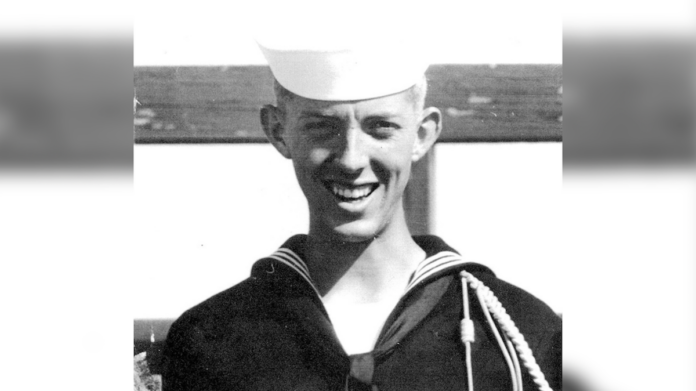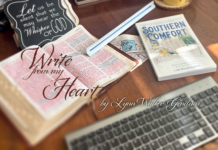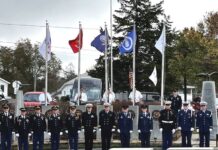
In the winter of 1960, snow fell gently from the gray skies over McMinnville, Tennessee. The ground was so frigid that each lacy flake was determined not to melt, no matter where it landed. Quickly, school buses filled with kids, taking them home. Mittens, boots, and layers replaced dresses and jeans just as quickly.
Good snow meant sledding down many hills in our little town east of Nashville, a shared joy that united us. When one hill was too packed with kids, it was easy to locate another.
One day, a group of us found a hill behind the Ray’s house. Mary Ray and her brother Bobby hosted sled riders and daredevils. One had to be brave because even though it was a hill, it was littered with trees. Trees can stop a thrilling ride quickly, as one did to me.
My old wooden sled, a remnant from my father’s youth, was destroyed when I crashed it into a tree trunk that refused to move out of my way.
I landed face down in a pile of snow, and when all realized I would need no last rites, laughter began to fill the air. I must admit, I was a funny mess.
When I glanced at a group of boys laughing, one face stood out in my memory: Bobby Ray. His blond hair framed a teenage face radiant with joy, kindness, and goodness.
I moved to Georgia shortly after that fateful snow day and never saw the Ray family or many of my friends again. Yet, the memories of those joyful, carefree days spent with friends remain with me.
The 1960s were a significant period of change for many American teenagers, though not all of it was positive. For some, snow-covered hills transformed into rice paddies, and tanks replaced sleds. The sounds of laughter were drowned out by the blasts of gunfire and grenades as the Vietnam War took center stage.
After college, Bobby joined the U.S. Navy and became a Hospital Corpsman Second Class. He was assigned to Battery D, 2D Battalion, 11th Marines, 1st Marine Division in Vietnam.
During the early morning hours of March 19, 1969, an enemy force penetrated Bobby’s Battalion near An Hoa combat base. The initial blast of fire caused numerous casualties as the group hustled to fight the enemy using rockets and mortars. Bobby immediately began rendering aid to his fallen comrades.
He was injured but refused medical assistance. Instead, he continued to minister to those in need. While bandaging and comforting others, he also fought back against the enemy with gunfire. Despite rapidly losing strength from his severe wounds, he managed to navigate through hostile fire to provide medical care.
As he bravely fought, he ran out of ammunition and soon sustained fatal wounds. In a final act of heroism, he chose to protect a severely injured soldier. He threw himself on top of his wounded comrade just as an enemy grenade exploded nearby. He saved the man’s life but sacrificed his own in the process.
David Robert Ray was posthumously awarded the Congressional Medal of Honor on April 20, 1970.
Bobby is one of thousands who valiantly gave their lives to maintain America’s freedom. Since our nation began, we have lost nearly 685,000 warriors in battle, excluding the Civil War. Many more died from war-related injuries and accidents.
Those service members who never experienced another snowfall in winter or basked in the summer sun are a blessing to those who survived war. They are the reason our nation is remarkable.
In my living room is a large white book that reminds me of the sacrifices made by soldiers to keep us safe. “I’m Ready to Talk” by Robert Babcock contains 160 stories from individuals, like Bobby, who served in Vietnam. Many of these veterans returned with lasting scars from the war.
Approximately 2.7 million American men and women served in the Vietnam War, and over 58,000 did not return home. How many stories remain unknown, words unspoken, and buried by time?
How many fallen heroes received no medals or awards? Instead, they are buried beneath the earth somewhere in the world because they simply did what they were asked to do: serve America.
We are individuals with short attention spans who often overlook the significant cost of maintaining our bliss while sledding down hills with our friends. We are never thankful enough for the valor of our protectors.
I often wonder why I only remember Bobby in the crowd that gathered in the snow behind the Ray house that day. Perhaps his face was meant to remind everyone to honor the fallen, the brave, and the powerful spirit of the American soldier.
David Robert Ray: 2/14/45 – 3/19/69



